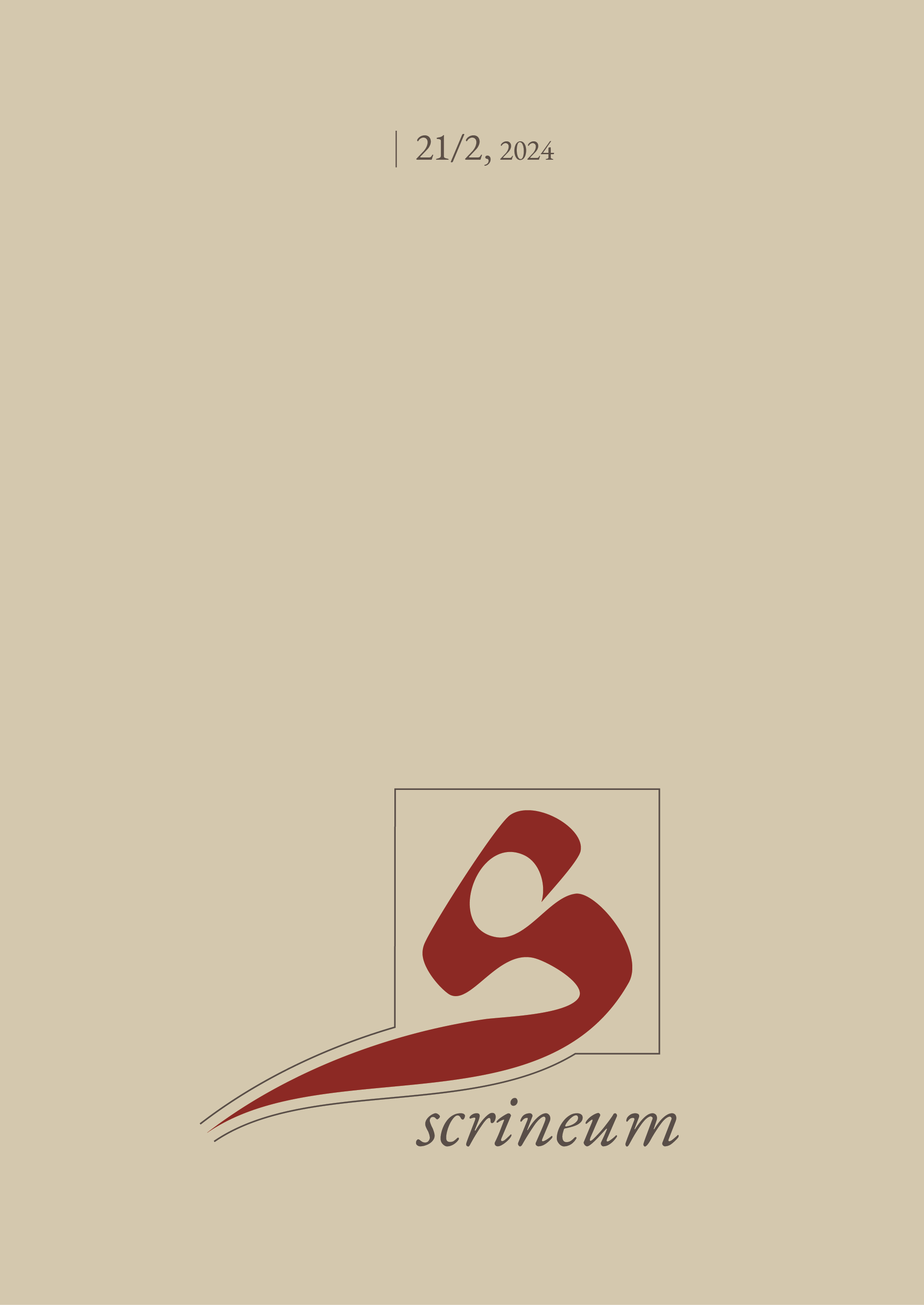Drama tibi primae depango laudis usyae: A Poetic Voice from the School of St Gall
Abstract
Medieval scribes and scholars filled empty spaces in their manuscripts with different kinds of minuscule texts. Not all of them served as direct commentary on the main text. But even when they did not, they were added often with clear intent, as can be seen with an anonymous poem written around the year 1000 or shortly after in one volume of the «Small Hartmut-Bible» (London, British Library, Add. MS 11852, fol. 118v). At first glance, the poem appears to be not much more than an elegiac colophon to the Pauline Epistles. But closer analysis reveals a consistent theoretical basis: the verses establish a link between the manuscript and predominant attitudes towards epistemology and theology in the school of St Gall. This paper will explore the content of the poem and will explain how it reflects the thought of Notker III and his pupil and successor Ekkehard IV. It will also shed light on the development and spread of ideas in the school milieu of a major Benedictine monastery.
Copyright (c) 2025 Bernhard Hollick

This work is licensed under a Creative Commons Attribution 4.0 International License.
Authors retain the copyright and grant the journal right of first publication with the work simultaneously licensed under a Creative Commons Attribution 4.0 International Public License (CC-BY-4.0) that allows others to share the work with an acknowledgment of the work's authorship and initial publication.

This work is licensed under a Creative Commons Attribution 4.0 International License





